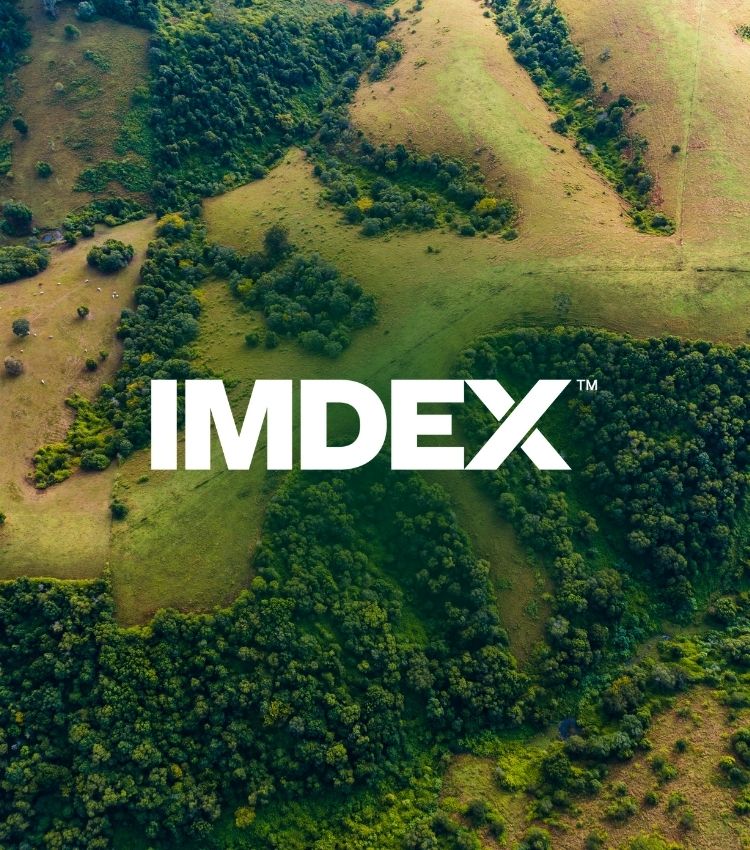The fallout from an IMDEX acquisition nearly 20 years ago almost came back to haunt the company’s current senior executives in 2022 as they scoured the globe for potential merger and acquisition targets.
With much of the shock of the COVID pandemic in the rear-view mirror, IMDEX Chief Executive Officer Paul House and his team were running the ruler over companies globally that were operating in what IMDEX considered its core business – providing the tools and technology to enable clients to find, define and mine orebodies with precision and at speed.
Not that IMDEX had been inactive in the M&A arena.
It acquired AusSpec, the leader in automated spectral mineralogy from infrared scanners and held-hand units with its aiSIRIS technology, in 2020; followed that in 2021 with the acquisition of California-based DataCloud’s MinePortal software; and later that year took an initial 30 per cent stake in image analysis company Datarock.
But in 2022, with strong industry fundamentals around exploration, mining activity, and future demand, House and the team thought there was an opportunity to further enhance IMDEX’s global reach by expanding its operating footprint and product offering.
The time was right for the IMDEX move. It had come a long way since Pilbara Gold NL changed its name to IMDEX in July 1985 and listed on the ASX two years later.
With a market capitalisation of more than $1 billion – the Balcatta business had grown organically and through mergers and acquisitions.
It just had to find the right company for the next move.
Viktor Tokle and his wife Bodil founded Devico in 1988. Working from their garage, the couple had a vision for the company to be a world leader in directional core drilling, borehole surveying and accompanying software.
Based in the central Norwegian town of Trondheim, which dates back to the 10th century, the Devico team spent the next 35 years fulfilling the vision, and in the process turning the privately owned company into a global leader.
Today, the Devico Group comprises 21 companies in 15 countries and has about 200 employees. It is the number one global provider of directional drilling services in mineral exploration, the number two provider of borehole surveying solutions in the same sector and is regarded internationally as a leading supplier to the civil construction industry.
While Tokle and his family remained the majority owners of Devico, ill health forced him to relinquish day-to-day control of the business in about 2013.
A management team including current Chief Executive Officer Erlend Olso took charge.
With generational change involving members of the Tokle family not an option and considering the size of the company and complexity of its operations, Devico felt the time was right to find another owner.
IMDEX and Devico were both fiercely pursuing mining-tech market dominance.
The WA-headquartered company had watched its competitor closely for at least 20 years, so when House and the team began their in-depth assessment of other players in the market, Devico was on top of their list.
Apart from the clear synergies between the two companies, IMDEX knew that, while they had the inhouse expertise to develop tools and technology to match those of Devico, they were facing multi-year testing and development timeframes, in some cases up to 10 years to match Devico’s existing European market reach.
What IMDEX did not realise as they conducted their due diligence, was that Devico was already in discussions with potential suitors.
As Olso was to later tell employees: “Little did we know when we started the sales process that the company chosen in the end would be our largest competitor.
“Several highly qualified companies were…interested and made an offer. However, IMDEX was chosen as the best fit and the best way forward to reach the goals that we have set as a company.”
House said: “We went looking for Devico. We conducted a very in-depth assessment of all the players in what we would describe as our core business. There were some dozen targets that we have watched and continue to watch.
“There are many fine companies, both established and emerging that have caught our interest, but we had to start with those closest to our core business – Krux was one of these and Devico was the other.
“I reached out to the Chairman and CEO in Norway and requested a meeting. We flew over there. We were very clear that we thought that a combination of their business and our business would be extremely compelling.
“We outlined why the jewel in the crown was their Scandinavian facilities, the complementary nature of the businesses, the number-one leadership position of their directional drilling technologies and the complementary nature of their rock knowledge technologies, and their client footprint made a tie-up seem right.
“We said to them we know it's a family owned business so whether it's tomorrow, 12 months, three years, we think this is something worth continuing to explore. We suggested having a meeting again when we met up at PDAC (Prospectors and Developers Association of Canada conference), which was going to be about six months later.”
House and the team left what they thought had been an excellent meeting.
But along with being unaware that Devico had already put out the For Sale sign, House did not know that the fallout from IMDEX’s acquisition of the Swedish based REFLEX Group in 2006 had left deep business scars in Scandinavia.
When the REFLEX deal was done, IMDEX closed the head office in Sweden.
In a follow up phone call IMDEX learnt that Devico had already started a process for sale and had deliberately chosen not to include IMDEX.
“They thanked us for coming to visit them and said we had originally not invited IMDEX to participate partly because of our competitive position, but also because when IMDEX acquired REFLEX in Sweden, it had closed the head office there and they did not want that to happen to their team and their facilities in Norway,” House said.
“However, they said that with time to consider the approach and after some internal discussions, and because of the way we had emphasised that their European headquarters and footprint was the jewel in the crown and that we valued it strategically, they had decided to invite us in to that process.”
IMDEX was two weeks behind other interested parties – which included several private equity and trade players.
But it had already done a lot of the work; they moved quickly and were invited to progress to the next round of Devico’s process and ultimately to exclusive negotiation.
“So, it was very fortuitous that we've been active and that we took the approach we did in assessing Devico and contacting them directly or we would have been left outside of the process,” House said.
The retention of a strong Devico management team, with key personnel reinvesting a portion of their proceeds of the acquisition into IMDEX shares, is a feature of the $334 million transaction.
Commenting after the deal, Tokle said: “As Devico becomes a part of IMDEX, this combination will certainly be the powerhouse within the industry. The product offering and the global presence is unique.”
And in a letter to staff and clients, after the acquisition was announced, Olso said: “Our companies complement each other, both geographically, and with products and services. Together we will be the undisputed number one technology company of its kind in the world.”

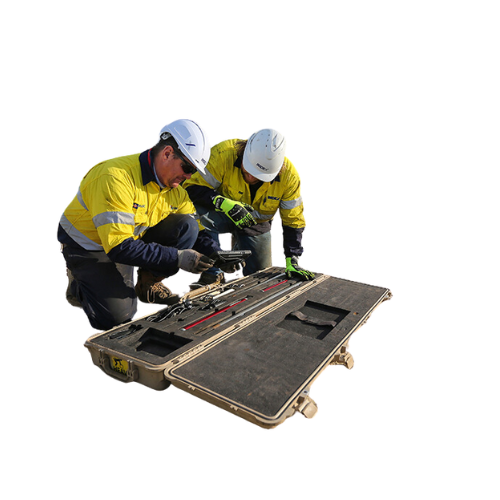
.png)
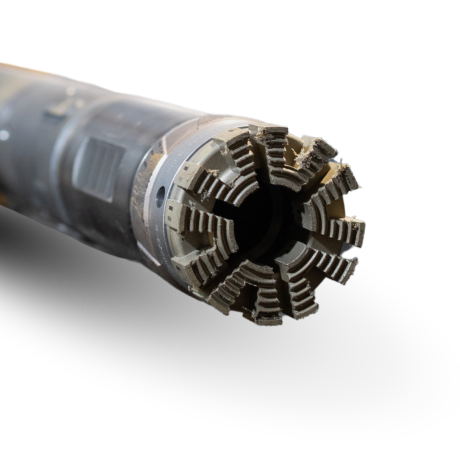.png)
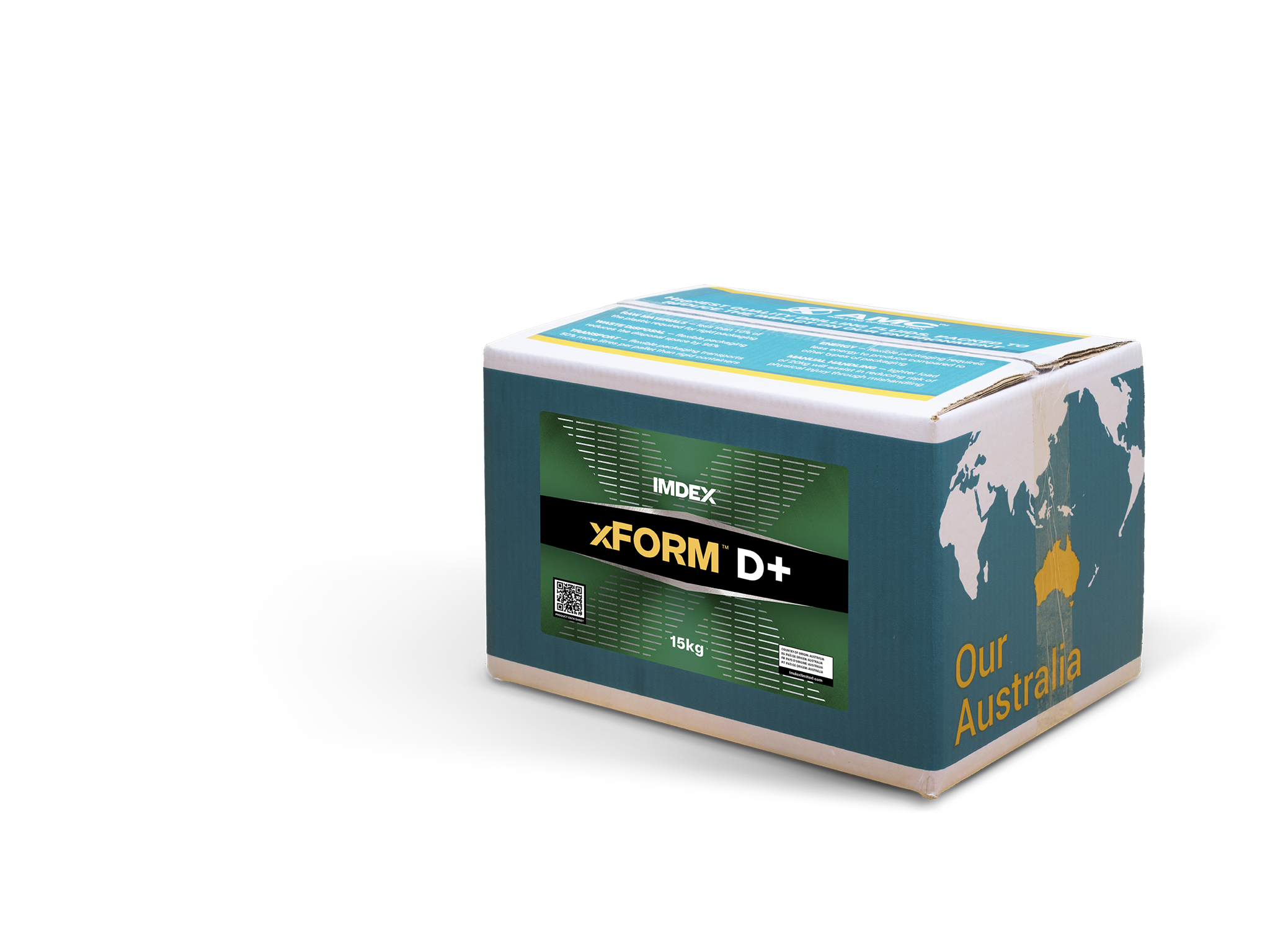
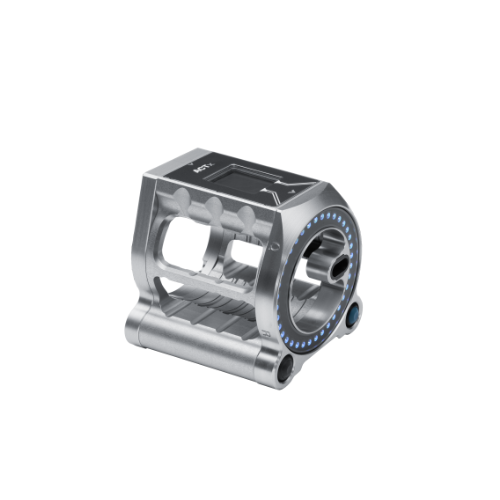.png)
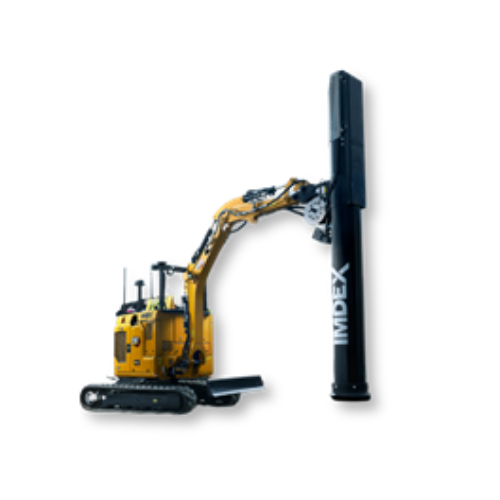

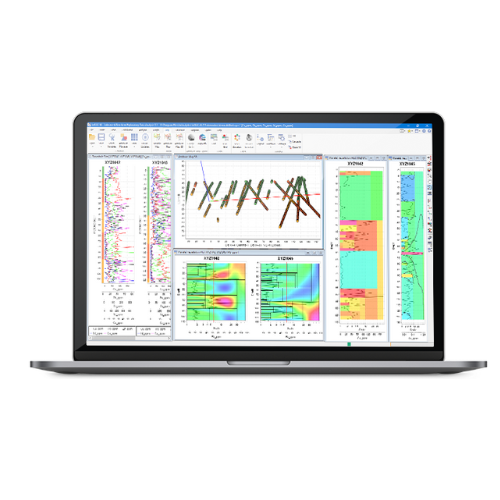


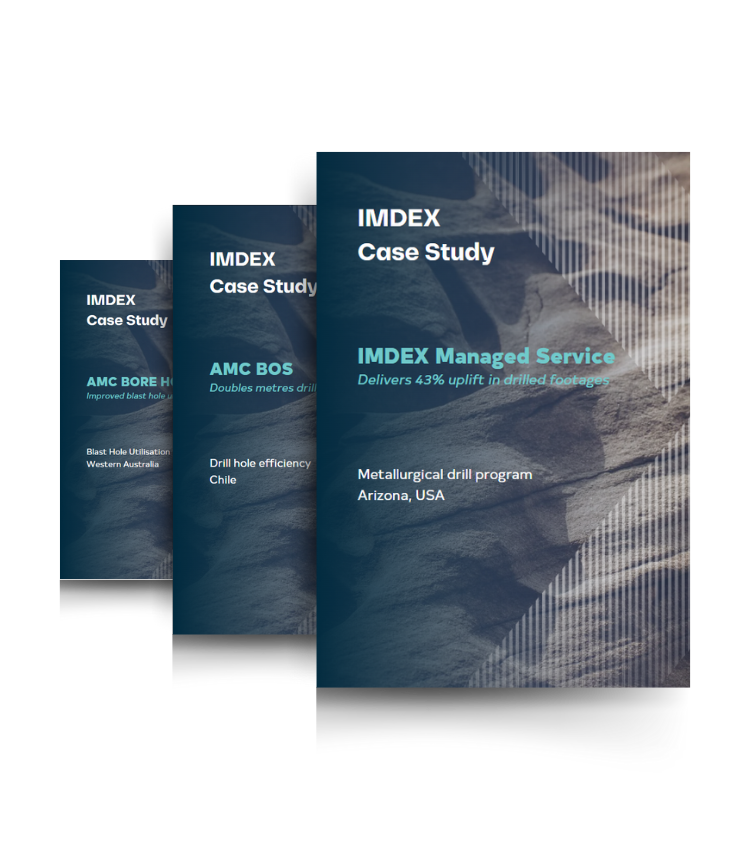
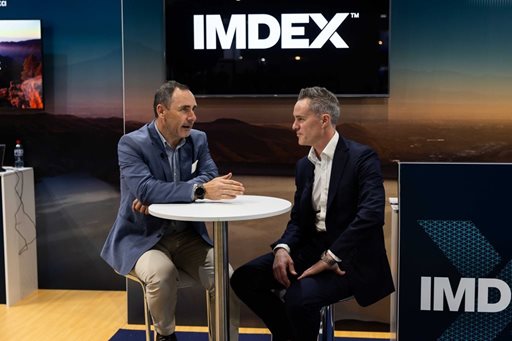
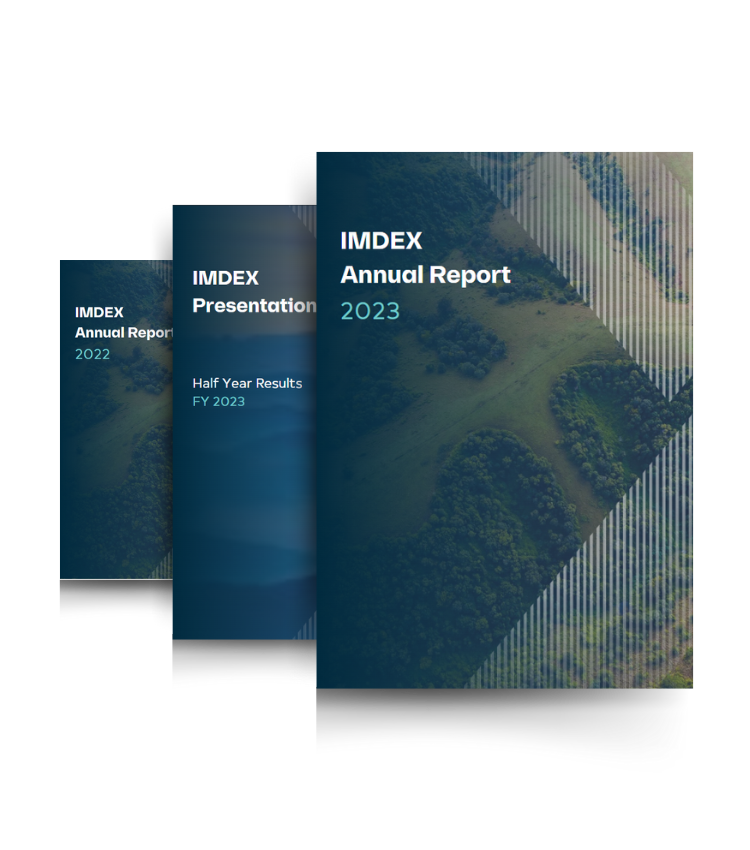
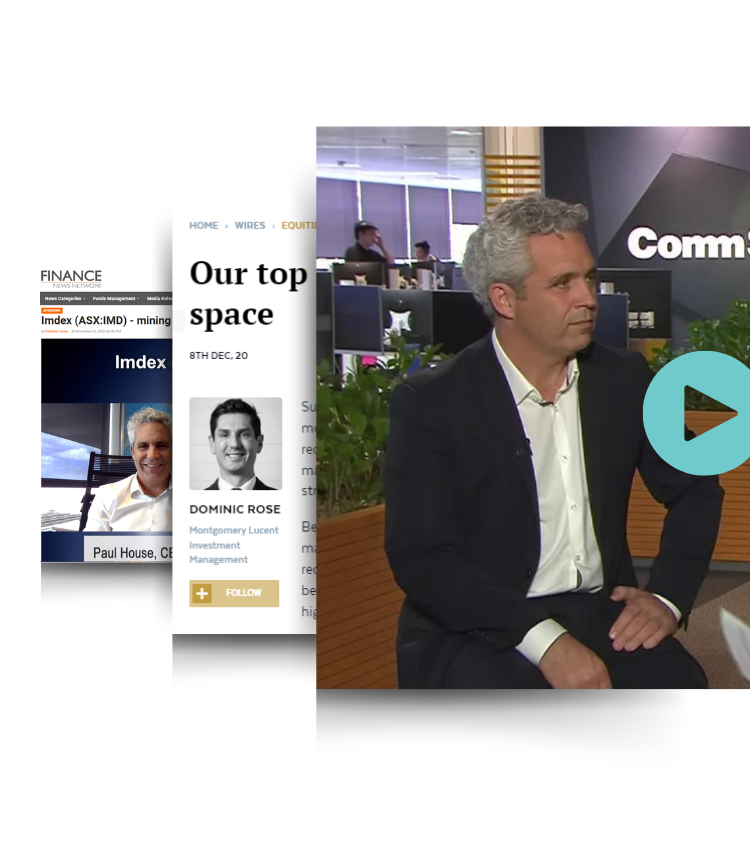

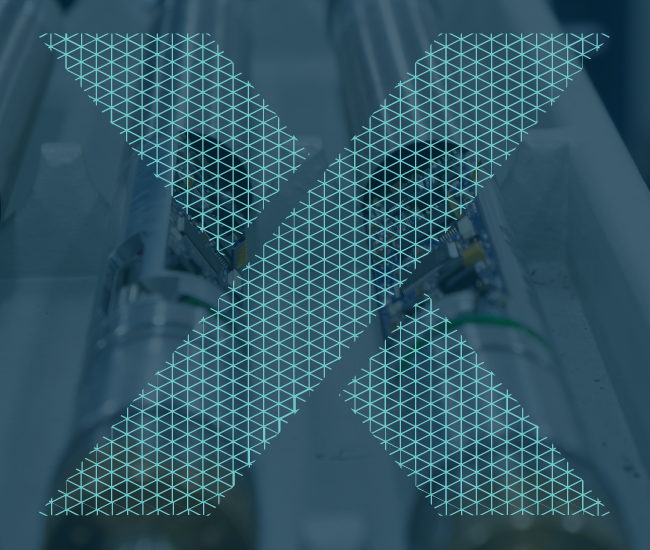.png)
